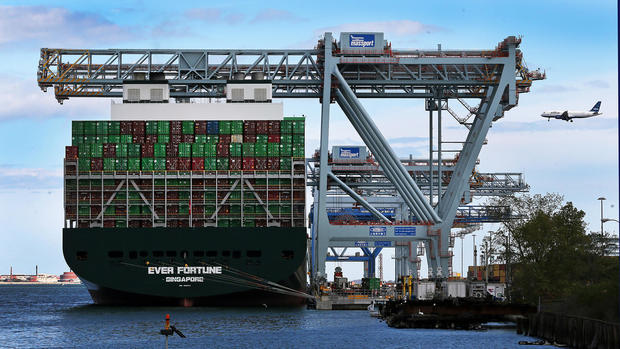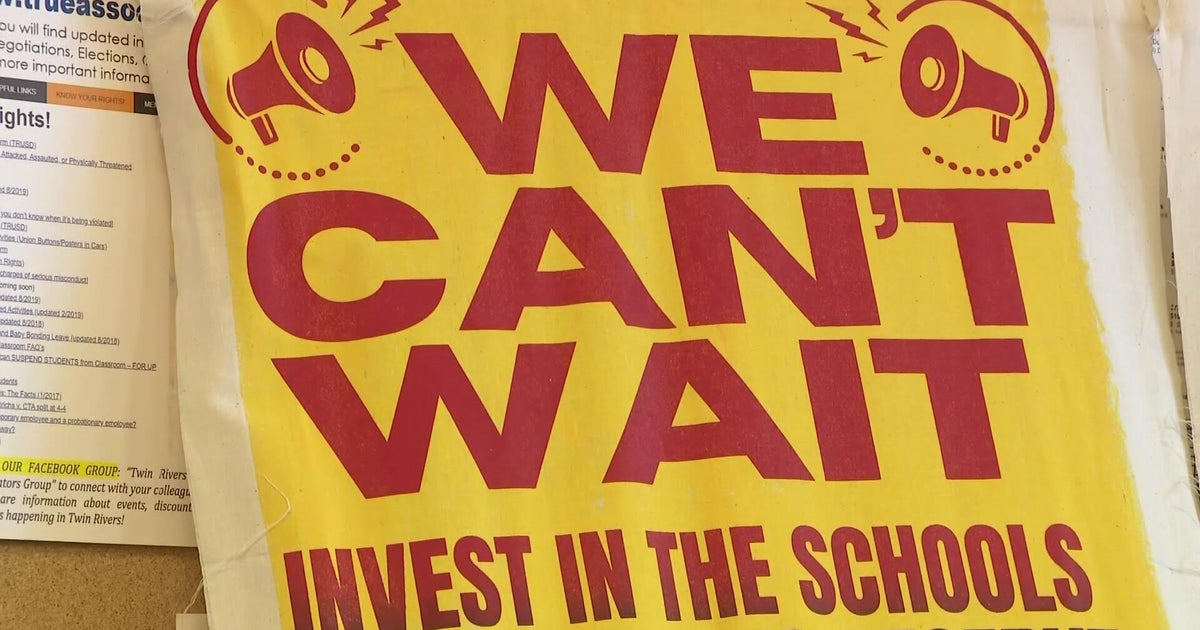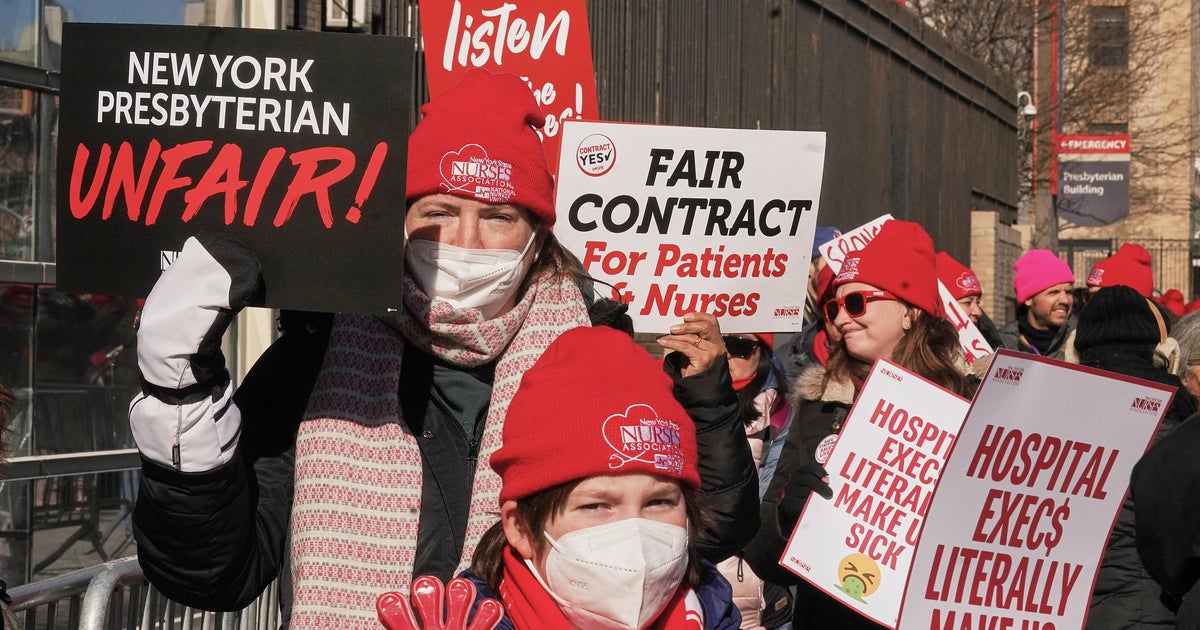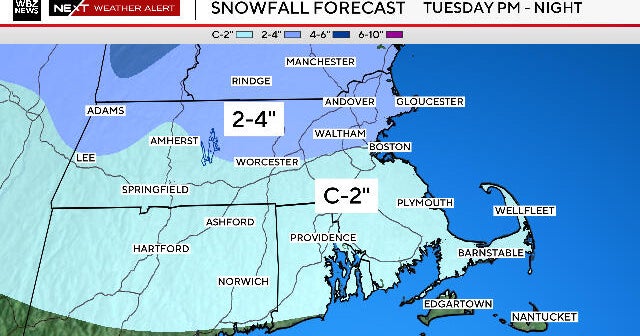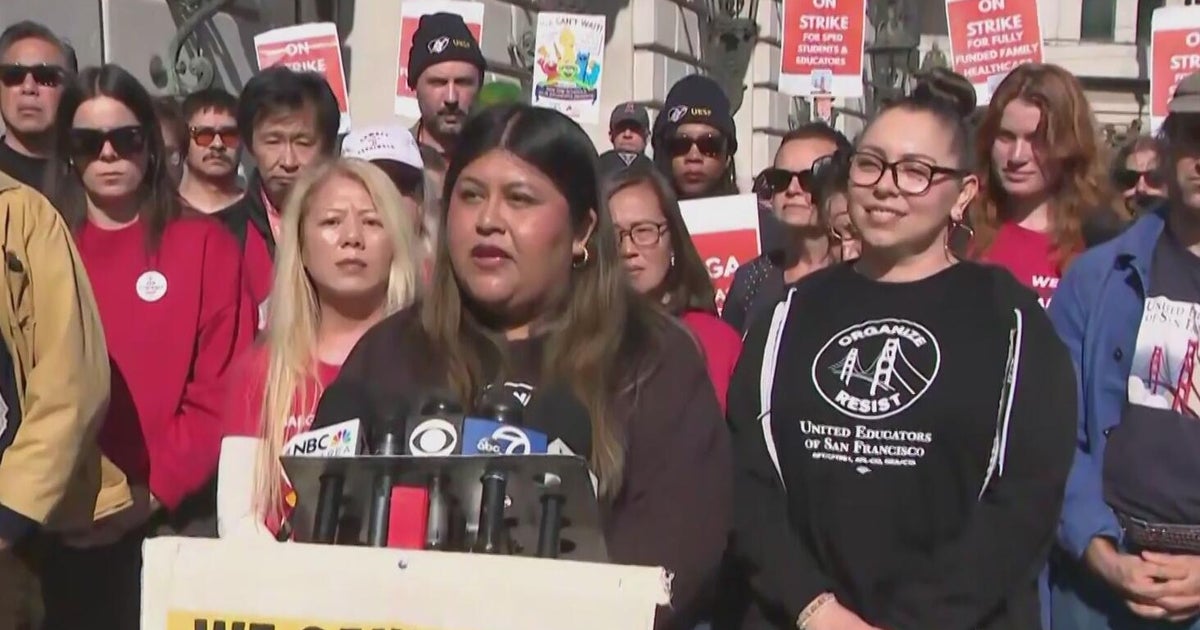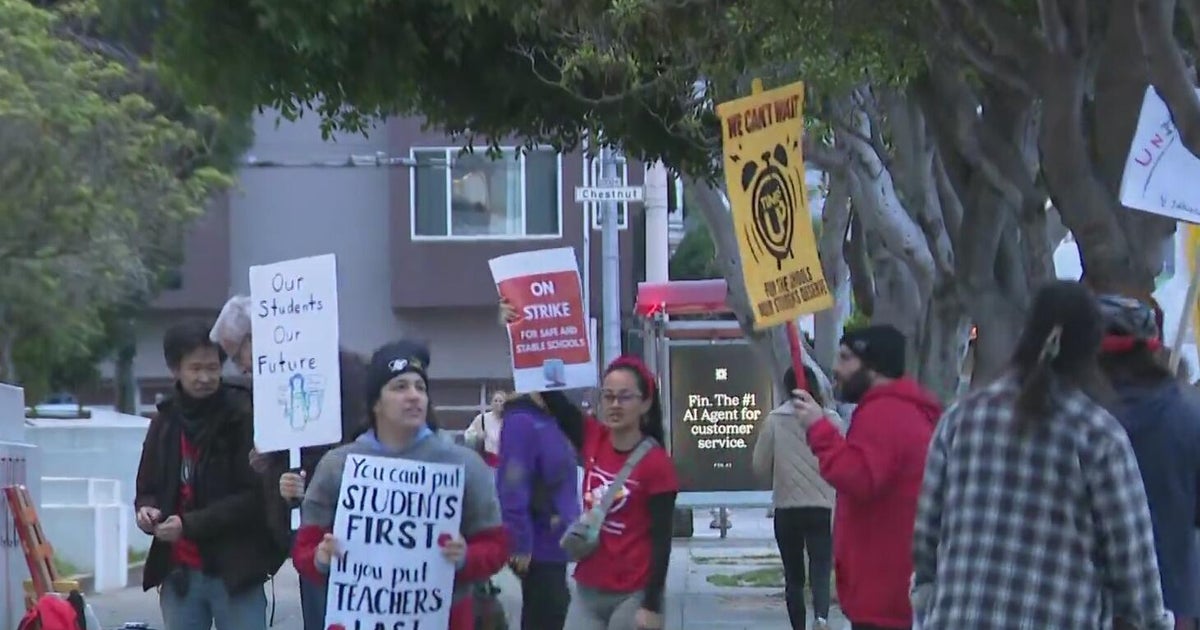How would a port workers strike impact Boston? An expert weighs in
BOSTON - When their six year contract expires on September 30, if the International Longshoremen's Association has not reached a deal with the United States Maritime Alliance, ports up and down the East and Gulf Coasts will close for business.
The ILA, which represents port workers who collect, unload, and organize cargo containers for international imports and exports, says it's fighting for better wages and, most importantly, less automation. "If they keep putting machinery to take our jobs, who's going to pay the income tax?" said ILA President Harold Daggett in a video to members. "Machines aren't. Who's going to pay for the military... The roads... Everything runs by taxes."
Strike would close cargo port in South Boston
A strike would close Conley Terminal, the main cargo port in South Boston.
"It will affect at the retail level," said Jim Rooney, President and CEO of the Greater Boston Chamber of Commerce. "What gets on store shelves and what people are able to buy and consume."
In a notice to customers, Massport wrote in part, "It is highly encouraged that all import cargo be picked up as soon as possible. If no agreement is reached, any import cargo that remains at Conley Terminal by close of business on September 30th will be unavailable until the stoppage ends. Should there be a work stoppage, any refrigerated cargo that remains in the terminal (import and export) will not be monitored nor maintained while the work stoppage is in effect."
Economist and Boston University Questrom School of Business Professor Jay Zagorsky said this closure would have a moderate impact locally. "One of the reasons is that Massachusetts is no longer one of the biggest ports on the East Coast. Instead, we're 44th in the nation," he explained.
12,000 jobs could be impacted
There are about 160 ILA workers in Boston, but the closure could affect roughly 12,000 jobs - including truck drivers, delivery workers, tugboat drivers, and more.
At its peak, a strike could mean roughly $7 million in lost wages per week. Its effect on store shelves will depend on its length.
"So, if the strike is relatively short, say a week or two, no one's going to notice," Zagorsky said. "But if this drags on through, say...Halloween or Thanksgiving, we're going to actually start seeing some bare shelves."
Zagorsky explained that some "retailers have been stocking up [because] they've been worried about this."
The strike is set to begin on October 1 if a deal isn't reached.

